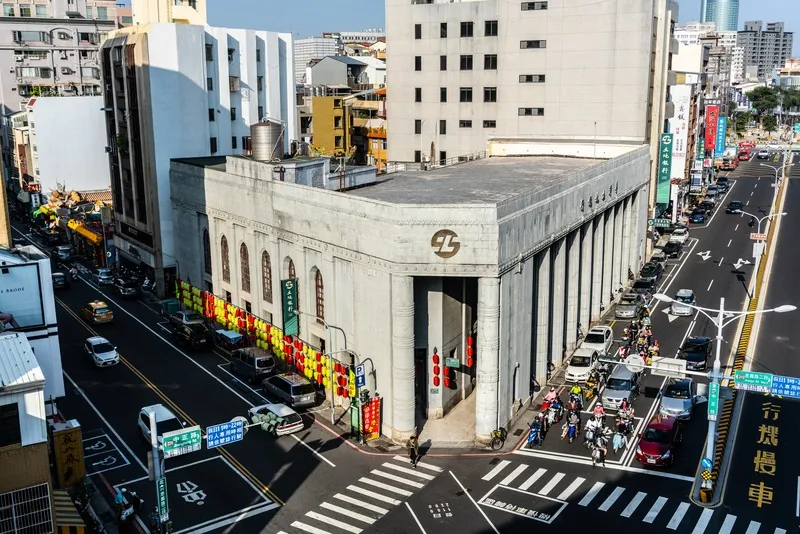
Ming-Te Wang, director of Bureau of Transportation, says: “The autonomous bus project opens new opportunities for our city of ample technology resources to cultivate driverless research and development on artificial intelligence, vehicle-to-infrastructure communications, high-definition maps, robotics and remote control.”
Lilee says the bus, which is expected to be generating revenue by the end of the year, will run fixed routes in two business areas in Tainan, the fifth biggest city in Taiwan.
It will be remotely managed by a cloud-based operations control centre based on rail-control principles.
Jia-Ru Li, CEO of Lilee, says: “Given the support of the Tainan City Government, this project will set an example of how governments can use autonomous rapid transit systems to solve public transportation challenges, such as increasing travel demands and driver shortage.”
Lilee is headquartered in Silicon Valley, California, with offices in Taipei.










